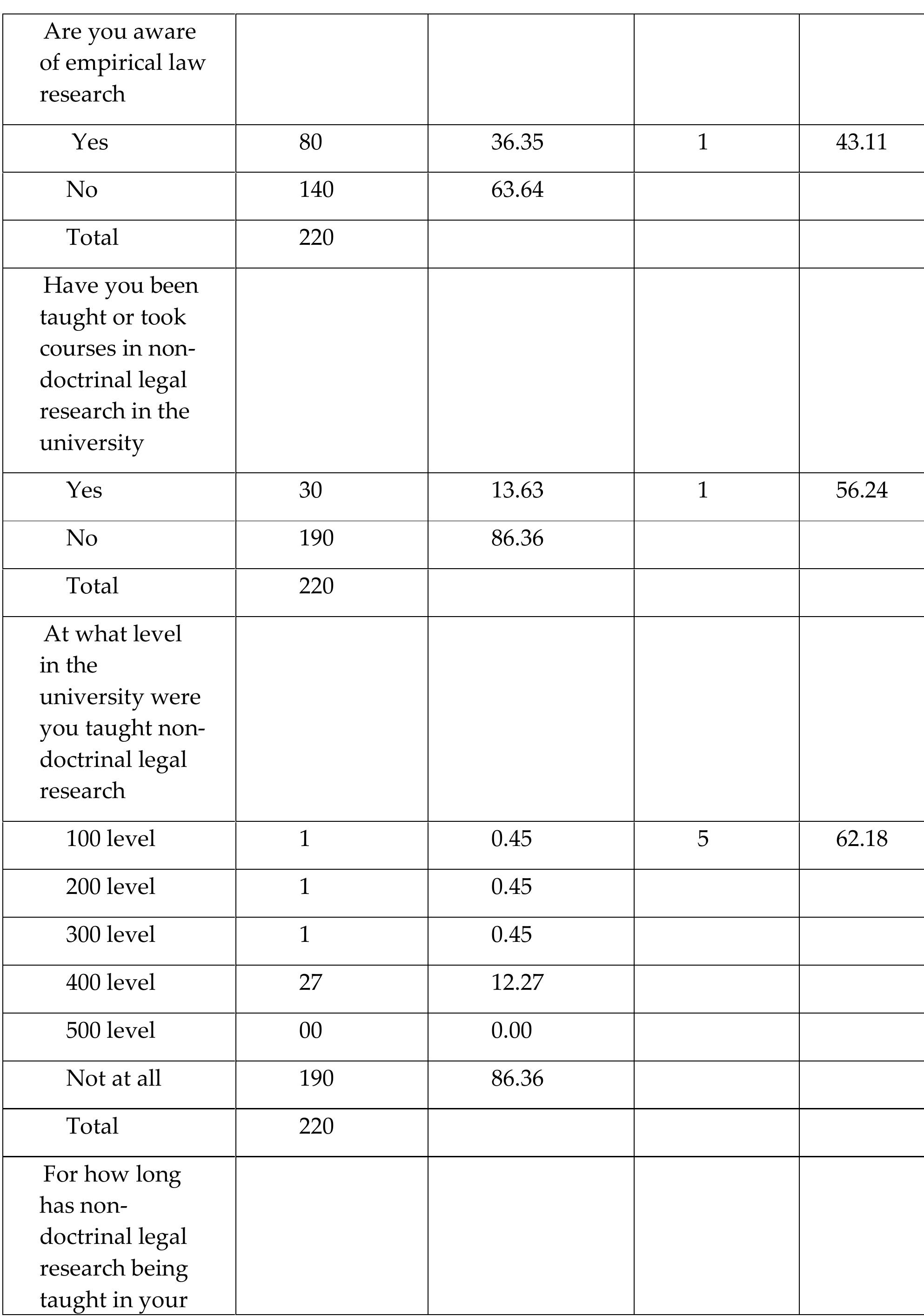Key research themes
1. How do international human rights laws and norms address the gap between formal legal guarantees and substantive gender equality?
This research theme examines the limitations, challenges, and opportunities in the international human rights legal framework for effectively promoting women's rights and gender equality. It critically assesses the gap between aspirational legal norms, such as human rights treaties, and the actual lived realities influenced by deeply entrenched sociocultural norms, state practices, and implementation mechanisms. This line of inquiry matters because formal codifications of women's rights do not automatically translate into systemic changes, highlighting the need for complementary sociocultural and political transformations.
2. How do socio-cultural practices, legal traditions, and economic structures affect the realization of women's property and inheritance rights?
This theme explores the interaction between formal legal frameworks, customary and religious laws, and patriarchal socio-economic norms affecting women's rights to property and inheritance. Investigating these dynamics is critical as property ownership is fundamental to women's economic autonomy and empowerment. The research reviews regional and national contexts where despite legislative progress, the embedded patriarchal traditions limit women’s economic independence and property rights realization.
3. What are the sociopolitical factors influencing women's political representation and participation as a dimension of gender and human rights?
This research theme investigates the historical, cultural, legal, and institutional factors that shape women's representation and participation in political processes. It assesses both the structural barriers and efforts to enhance gender balance in governance as fundamental to realizing women's human rights and promoting democratic legitimacy. Understanding these dynamics is essential for formulating policy and legal measures that genuinely advance women's political empowerment.














